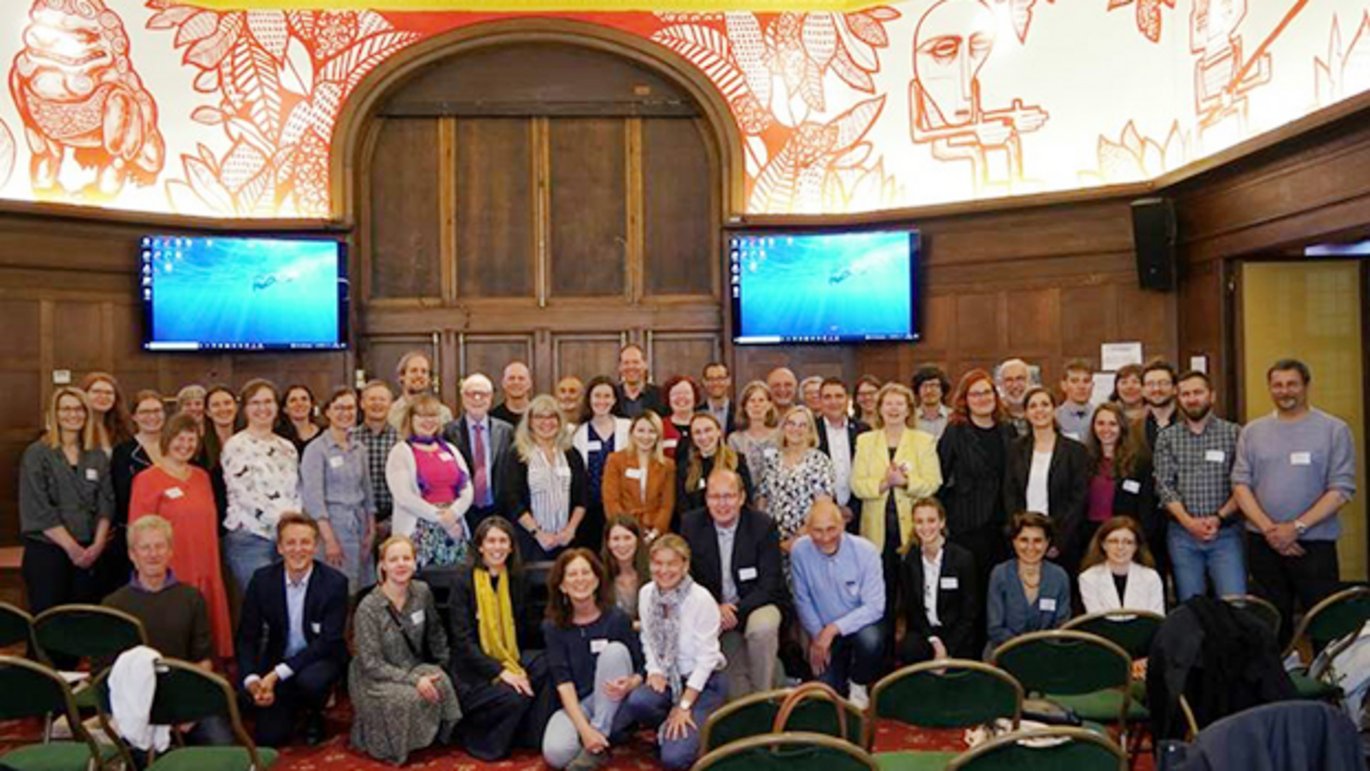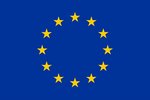CORE Organic Final Research Seminar – ‘Research Impact and Dissemination Workshop’
The organic sector is knowledge intensive and innovative by default, and organic innovations are relevant for the whole food system, driving sustainability from fark to fork. CORE Organic has supported innovation in organic research the past 17 years, the CORE Organic Pleiades network hopes to carry on the legacy.

The CORE Organic Final Research Seminar took place on 17–18 May 2022 at the University Foundation in Brussels. Around 60 participants, ranging from researchers, processors to funding bodies, came from across Europe to participate in this event, on the second day around 30 participants joined online. All those who met in Brussels expressed the joy of being back together; Elke Saggau (BLE, DE) commented on physical meetings having “another feeling” and representing “an important opportunity for networking”. All those present agreed and rejoiced at this opportunity.
The event included both the closing of the CORE Organic Cofund period and the official launch of the future CORE Organic Pleiades network. All CORE Organic funding and stakeholder partners have been formally invited to take part in this new network which hopes to expand by including new members, ensure more efficient regulation in call mechanisms and prepare a new organic research call ideally to be part of the European Partnerships on ‘Agroecology’ . The CORE Organic network is also committed to support inclusion of relevant organic research themes both under ‘Agroecology’ and ‘Sustainable Food Systems’ Partnerships.
On the first day of the Research Seminar, participants networked, reflected and identified key leverage points for future efforts. In the ‘Science Bazar’ project coordinators presented the research and take-home messages of CORE Organic Cofund projects including new projects from the CO call launched in 2021. The current situation of organic farming and research and innovation in Flanders, Belgium, were presented from Lieve De Cock (NOBL, BE and National Technology Platform of TP Organics) and Joran Barbry (Inagro, BE) and respectively for Wallonia, Belgium were presented by Laurent Conotte and Marc Lateur (SPW, BE).
The fishbowl debate “On bottlenecks and opportunities in organic and sustainable R&I”, provided many insights that will act as a valuable resource for the future CORE Organic Pleiades network. Four diverse experts gave their statements based on their respective areas of expertise. Dirk Reheul (professor at Ghent University) began by summarising the evaluation outcomes of the CORE Organic Cofund projects and gave some recommendations for future efforts, for example: Keep the integrity of organic, produce results ready for practice, cooperate well among project partners, and put the quality of research in focus. This will increase the impact. He also called for real interactivity between stakeholders and end users, prioritisation of end-user categories, the inclusion of a communication expert and use of channels targeted at end-users, such as Organic Farm Knowledge.
On the second day, online participants joined those in Brussels for hybrid sessions. Two new EU R&I partnerships (part of Horizon Europe), were presented: Agroecology by Nicolas Tinois (Chair of SCAR, Standing Committee on Agricultural Research, Agroecology Working Group) and Sustainable Food Systems by Daniela Lüth (EC DG Research and Innovation). Both speakers emphasised the strong role of the future partnership and citizen engagement as key elements. These R&I partnerships along with the European Green Deal with the Farm to Fork and Biodiversity strategies and the Organic Action Plan explore new ways of funding and doing research, connecting projects to the EU level. In this context, the CORE Organic network has many exciting opportunities to ensure synergies and expand its network within the organic movement – aligning with bigger initiatives and continuing to pioneer the development of sustainable food and farming systems.
In the afternoon, a roundtable discussion stirred many reflections about what demand-driven research and the place of organic. Henri Delanghe (EC, DG Agri, Organic Unit) ensured that, “the EC loves organics”, and that “the war in Ukraine does not change anything related to the Farm to Fork target of 25% organic farmland in Europe by 2030”. Elke Saggau, (BLE, DE) concluded the session by summarising that “organic can act as a model” for our transition to a more sustainable food system and that “our targets need to focus on demand and consumer views”.
The second day was wrapped up with the Governing Board meeting in the afternoon, Stéphane Bellon (INRAE, FR) shared his vision: Organic is still dynamic and the prototype of sustainable agriculture, contributing to public goods and being able to transfer innovations, experiences and techniques to wider agriculture, but it is challenged by other forms of agriculture (e.g. conversion agriculture, regenerative agriculture). With new operators we will have even more diversity, which needs to be combined with a clear identity. What models of agriculture and food do we want to support? The future of organic is collective.
Further information
More detailed event review: TP Organics: https://tporganics.eu/core-organic-final-research-seminar/
SCARE-EU:
- Agroecology : https://scar-europe.org/index.php/documents
- Sustainable Food Systems : https://scar-europe.org/index.php/food
Organic Farm Knowledge platform: https://organic-farmknowledge.org
